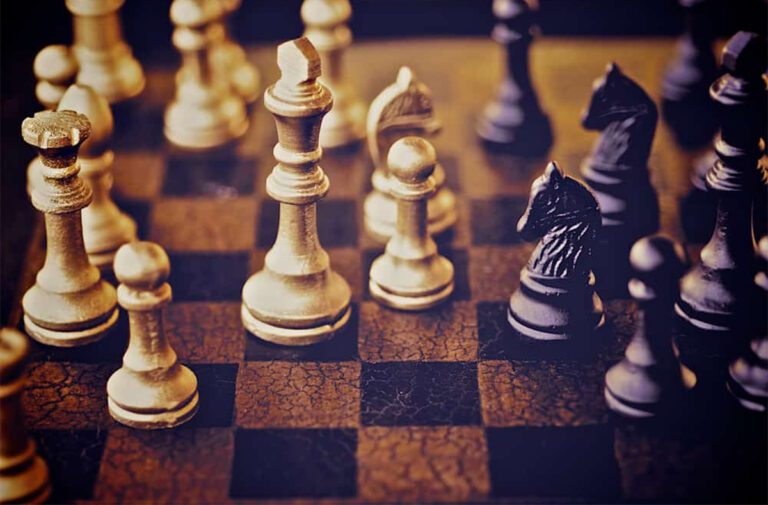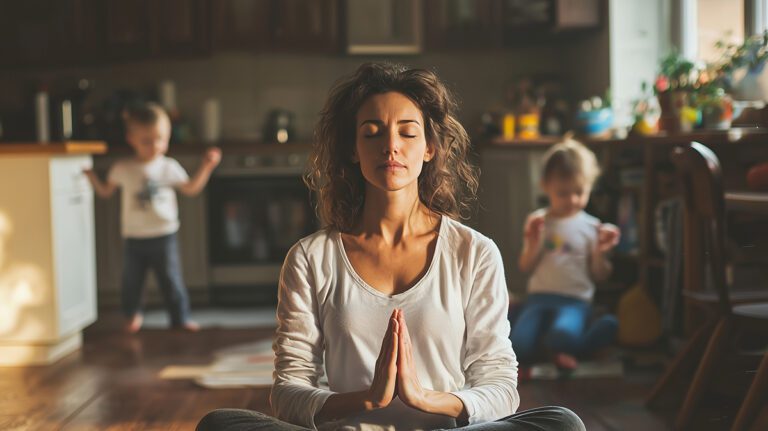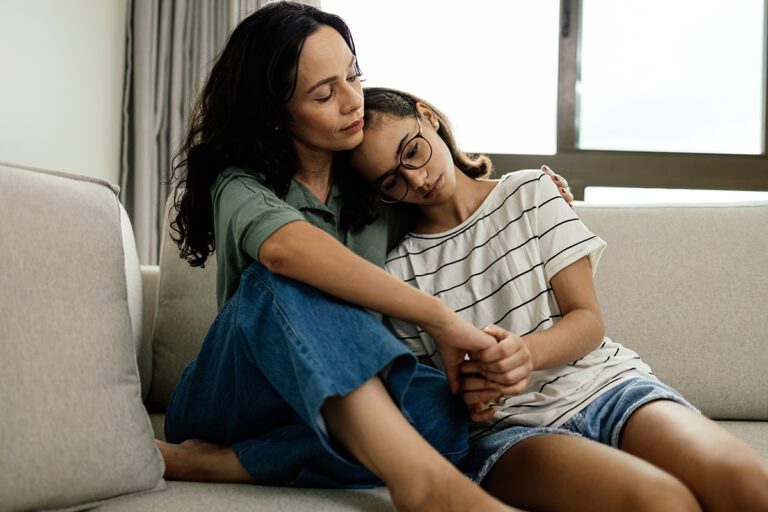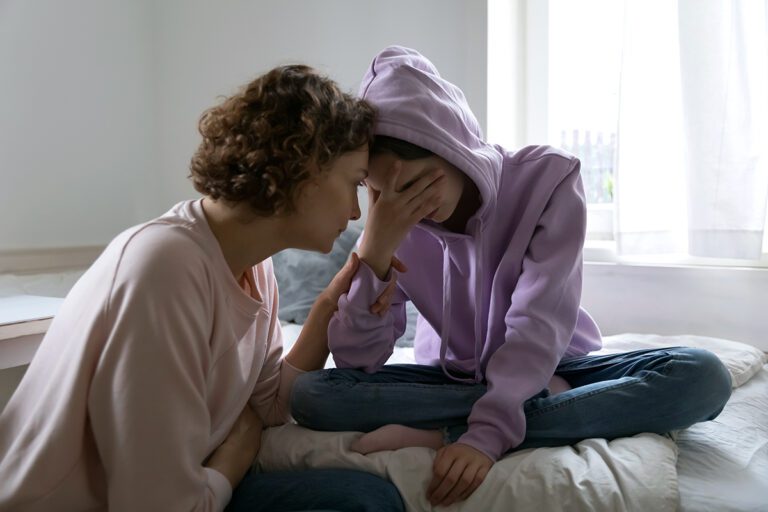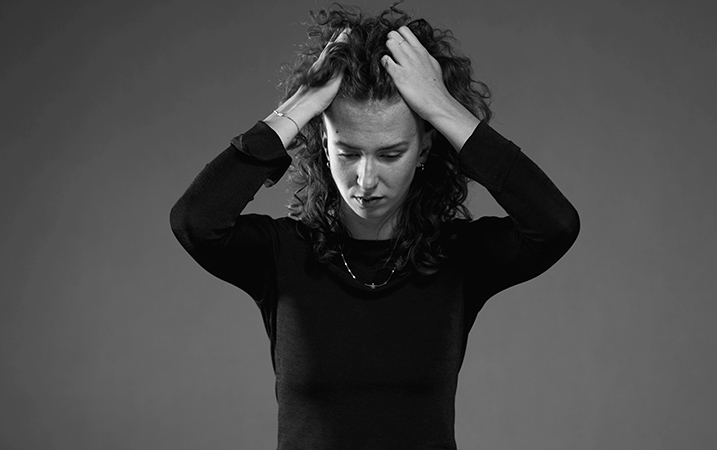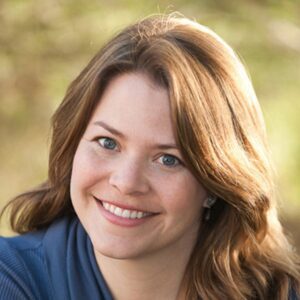If there was one skill I could give the human race (or more realistically, instill in my children), it would be the ability to hold multiple feelings or beliefs at the same time. Humans, as a species, are constantly dealing with a ridiculous amount of incoming information. To survive, we became wired to sort the vast array of information bombarding us at any given moment into meaningful, actionable categories. Friend vs foe. Safety vs danger. Fun vs chore. Good vs bad. Us vs them. Evolutionarily, I’m sure this was an essential survival strategy. But currently, in an interconnected, global, complex world, it is (in my opinion) one of our biggest liabilities.
There are rare instances in American society where a snap judgement may be a life-saving necessity. The truth of the vast majority of moments, though, is more complicated. Humans, for example, are almost never all good or pure evil. Instead, we are a conglomeration of who we are, how and where and when we were raised, and all the things that have happened to and around us. The people who you love aren’t perfect, and the people you hate have redemptive qualities. The same is true for events. Something that seems like a disaster might have a silver lining. That amazing victory you’ve been working toward may come with hidden costs. If we are too quick to judge, or are unwilling to question our first impression, we walk through life with blinders on, cutting ourselves off from enriching experiences and being overly angered by others.
 Feelings are no different. My oldest child just got his driver’s permit. As we walked out of the DMV, I was suddenly flooded with emotion. I was proud, excited, scared and sad, all at once. I was proud of his self-sufficiency in passing drivers ed and the permit test. I was excited for him to gain some independence and a sense of freedom in his life. I was excited for me to spend less time driving him around. I was scared to lose more of what little control I already have over his actions and safety. I was terrified of something happening to him on the road. And I was sad that I am about to lose valuable alone time with him in the car and that it is a huge step toward leaving the nest. I will miss him so. All of this hit me at once, so all I could process was overwhelm. If I had stopped there, I would have just wanted to figure out a way to feel better. I could have cracked down hard on his opportunities to learn behind the wheel. Kept him safe by stunting him. I could have shoved it all down, told myself it was fine, gotten distracted, and then been blindsided by my fear and grief later.
Feelings are no different. My oldest child just got his driver’s permit. As we walked out of the DMV, I was suddenly flooded with emotion. I was proud, excited, scared and sad, all at once. I was proud of his self-sufficiency in passing drivers ed and the permit test. I was excited for him to gain some independence and a sense of freedom in his life. I was excited for me to spend less time driving him around. I was scared to lose more of what little control I already have over his actions and safety. I was terrified of something happening to him on the road. And I was sad that I am about to lose valuable alone time with him in the car and that it is a huge step toward leaving the nest. I will miss him so. All of this hit me at once, so all I could process was overwhelm. If I had stopped there, I would have just wanted to figure out a way to feel better. I could have cracked down hard on his opportunities to learn behind the wheel. Kept him safe by stunting him. I could have shoved it all down, told myself it was fine, gotten distracted, and then been blindsided by my fear and grief later. 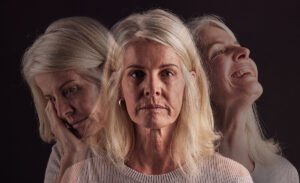 I could have thrown up my hands, acted cold and aloof and left him feeling alone in this new adventure. Instead, when I stayed curious, tolerated the discomfort, and let it all bubble up, my next moment was a bittersweet welling of gratitude for his life and my part in it. Life is not all good or all bad. It is complicated. It is rich. When we allow ourselves to feel the full complexity of it, that is when we most fully experience life.
I could have thrown up my hands, acted cold and aloof and left him feeling alone in this new adventure. Instead, when I stayed curious, tolerated the discomfort, and let it all bubble up, my next moment was a bittersweet welling of gratitude for his life and my part in it. Life is not all good or all bad. It is complicated. It is rich. When we allow ourselves to feel the full complexity of it, that is when we most fully experience life.
We are living through heavy times. Between war and polarization and climate and pandemics and inflation, there is so much to be worked up about and so much to divide us into teams and camps. If we stick with the either/or, we just end up shouting at each other. If we can find our way to the both/and, sitting in the uncertainty and discomfort of letting multiple perspectives belong, there is so much more room for connection, problem solving and growth.


